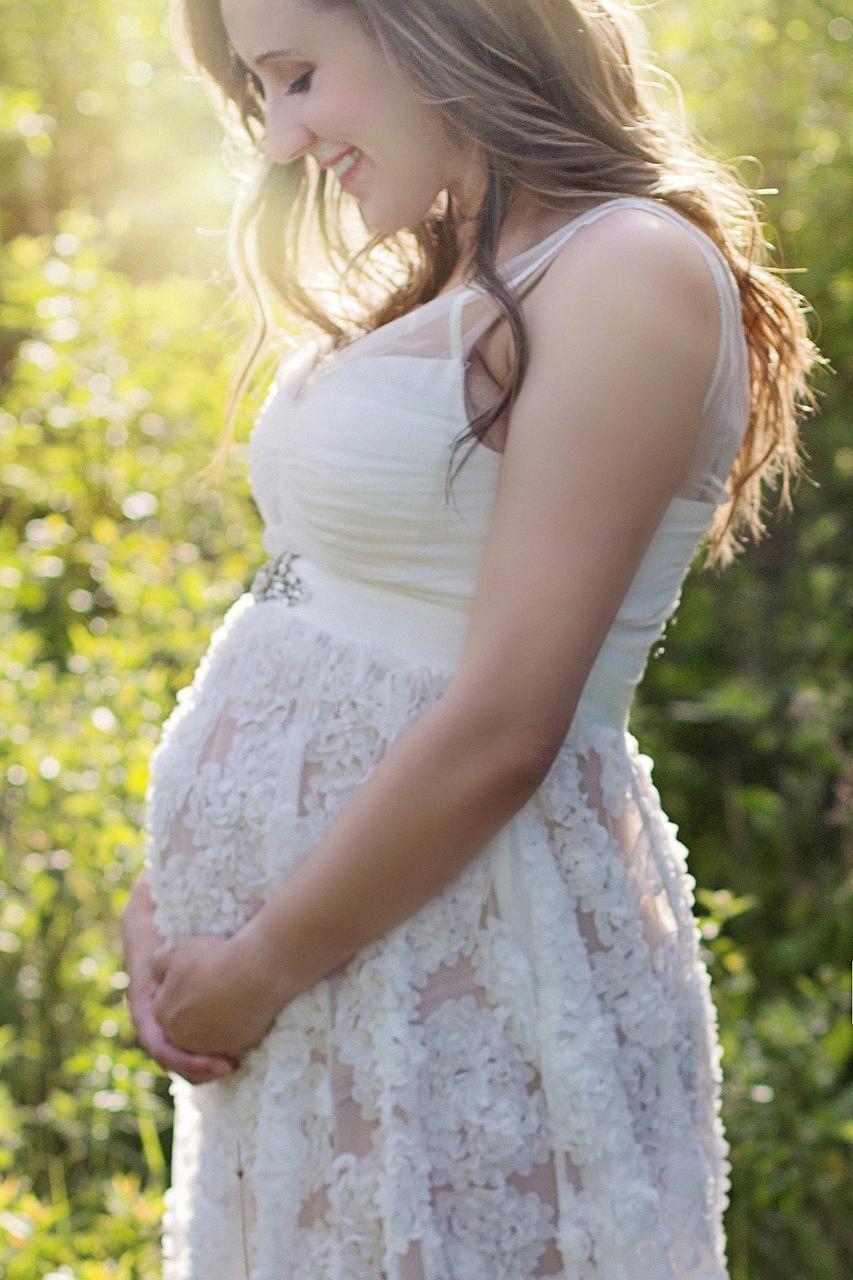During pregnancy, there are various factors to consider when it comes to skincare products, especially concerning ingredients like Salicylic acid, commonly known as BHA. Salicylic acid is recognized as a powerful exfoliant for the skin, and it is typically found in skincare products designed to combat acne and improve skin texture. Many individuals wonder whether it is safe to use BHA during pregnancy, considering the potential risks associated with certain skincare ingredients.
One crucial aspect to bear in mind is the concentration of BHA in the products you intend to use. In general, skincare products containing a low concentration of 1-2% of salicylic acid are considered safe to use during pregnancy. The lower the percentage of BHA in the product, the lower the likelihood of any potential adverse effects on the skin or the pregnancy.
It is advisable, however, to exercise caution when using BHA during pregnancy. While low concentrations are generally deemed safe, it is recommended to limit the use of salicylic acid products to specific areas, such as the face, and avoid applying them to larger areas of the body. Additionally, it is essential to consult with a healthcare provider or a dermatologist before incorporating any new skincare products into your routine during pregnancy.
Understanding the potential risks and benefits of using BHA during pregnancy is essential for making informed decisions about your skincare regimen. While some individuals may choose to avoid salicylic acid altogether during pregnancy as a precautionary measure, others may feel comfortable using products with low concentrations of BHA based on individual preferences and consultation with healthcare professionals.
Furthermore, it is essential to be mindful of any existing skin conditions or sensitivities you may have when considering the use of BHA during pregnancy. Some individuals may experience increased skin sensitivity during pregnancy, which could be exacerbated by the use of exfoliating ingredients like salicylic acid. Monitoring your skin’s reaction to BHA products and adjusting their usage based on any signs of irritation is crucial for maintaining skin health during pregnancy.
Incorporating alternative skincare ingredients or products into your routine may be a viable option if you prefer to avoid using BHA during pregnancy. There are various gentle exfoliants and skincare products available that do not contain salicylic acid and can provide similar benefits for maintaining healthy skin during pregnancy. Exploring these options and consulting with skincare experts can help you find suitable alternatives that align with your skincare goals.
For individuals who choose to use BHA during pregnancy, proper application and usage guidelines are crucial to minimizing any potential risks associated with the ingredient. Applying BHA products sparingly to targeted areas of concern, such as acne-prone areas on the face, and avoiding contact with sensitive areas or mucous membranes can help reduce the likelihood of adverse reactions and ensure safe use during pregnancy.
Regularly monitoring your skin’s response to BHA products and adjusting your skincare routine as needed is essential for maintaining healthy skin during pregnancy. Pregnancy can bring about changes in skin condition and sensitivity, so staying attentive to any changes in your skin’s appearance or texture can help you identify the most suitable skincare products and ingredients to support your skin’s health and appearance.
Ultimately, the decision to use BHA during pregnancy is a personal one that should be based on individual preferences, consultation with healthcare providers, and an understanding of the potential risks and benefits associated with the ingredient. By staying informed, practicing caution in product selection and usage, and prioritizing skin health and safety, you can make informed choices about incorporating BHA into your skincare routine during pregnancy.

